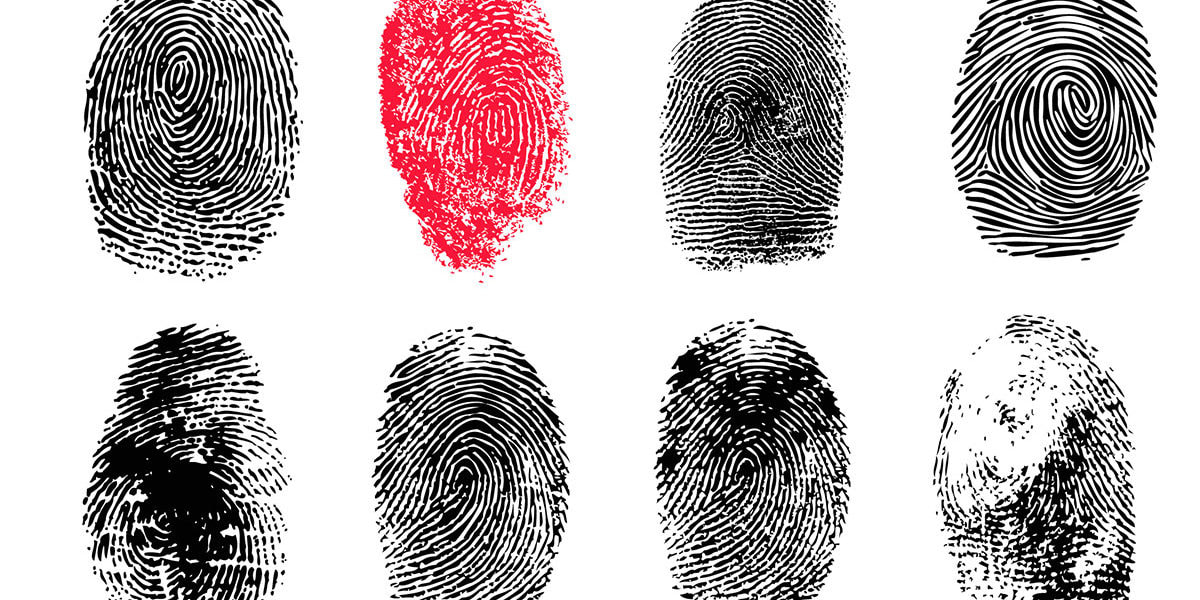A person may qualify for a waiver of the fingerprint requirement if he or she is unable to provide fingerprints because of a medical condition,including but not limited to disability, birth defects, physical deformities, skin conditions, and psychiatric conditions. Only certain USCIS employees are authorized to grant a fingerprint waiver.
A USCIS employee responsible for overseeing a person’s fingerprinting may grant the waiver if all of the following requirements are met:
- The applicant, petitioner, beneficiary, sponsor, derivative, requestor, or individual person filing or associated with a benefit request appeared in person for the biometrics collection;
- The officer or authorized technician attempted to fingerprint the person (or determined that such an attempt was impossible); and
- The officer determines that the person is unable to be fingerprinted at all or is unable to provide a single legible fingerprint.
- The person has fewer than 10 fingers;
- The officer considers the person’s fingerprints as unclassifiable; or
- The person’s condition preventing the fingerprint collection is temporary.
A person who is granted a fingerprint waiver must bring local police clearance letters or other form-specific documentation covering the relevant periods to the interview. All clearance letters become part of the record. In cases where the person is granted a fingerprint waiver or has two unclassifiable fingerprint results, USCIS must take a sworn statement from the person covering the relevant periods.
USCIS’ decision to deny a fingerprint waiver is final and may not be appealed.
Read more in USCIS Policy Manual.


 RSS Feed
RSS Feed